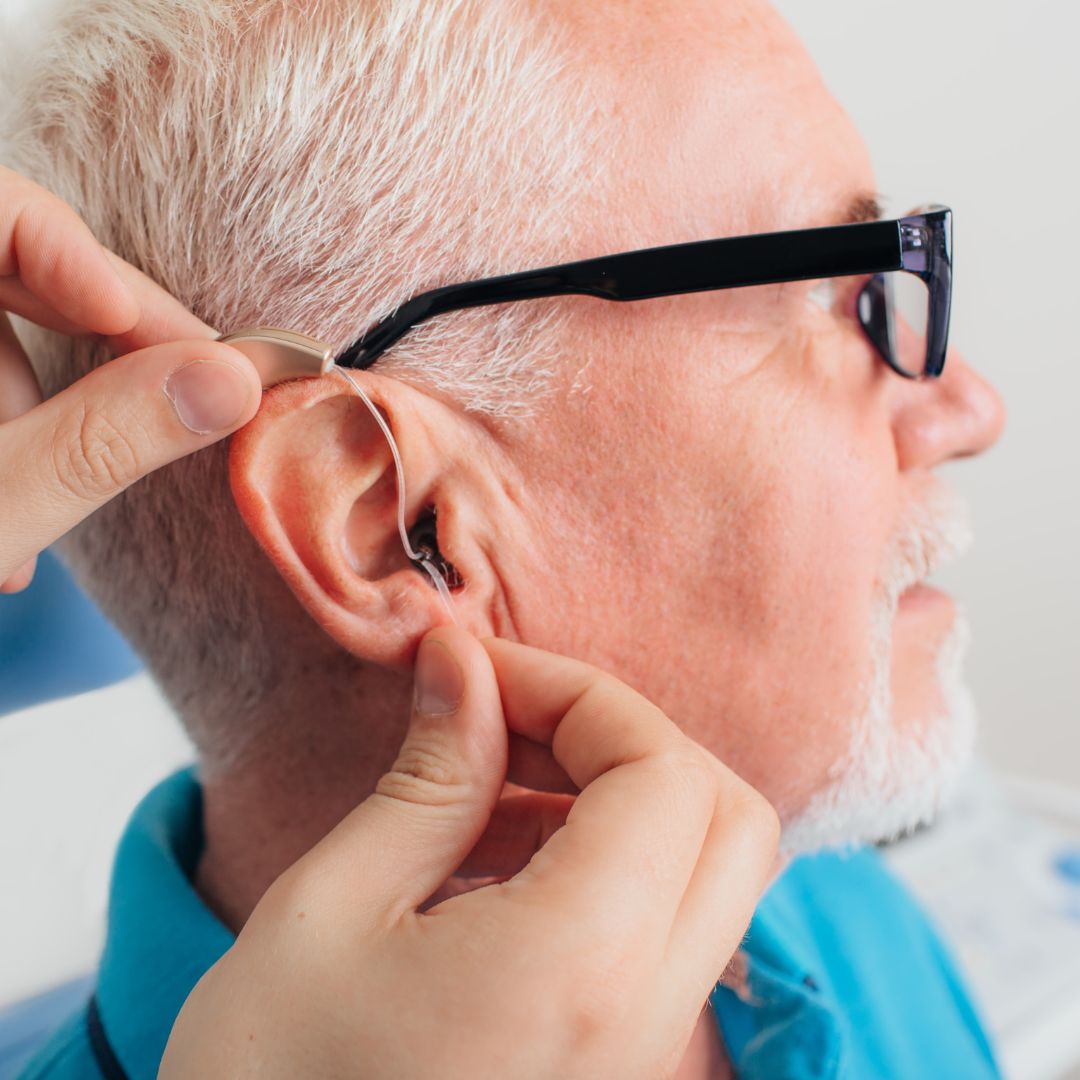Anatomy of the Ear: How Does Hearing Loss Occur?
Hearing loss happens to millions of Americans every year. Losing one's hearing affects all aspects of life. Everyone wants to hear what is happening in the world around them such as the voices of friends and loved ones, music, TV, movies, dangerous sounds, doorbells, birds, singing, and more. Not hearing isolates a person and affects their quality of life. What causes hearing loss and can it be prevented?

How Does Hearing Loss Occur?
Some forms of hearing loss can be fixed and others are permanent. But there is hope for even permanent hearing loss with new designs of hearing aids. A person who believes they suffer from hearing loss should visit their doctor and then a hearing specialist.
Getting hearing aid care can change a person's life for the better. During the medical appointments, a person will usually be asked to fill out a questionnaire and a complete ear exam will be given. The results of these will determine the type of treatment a patient receives including being fit with a hearing aid.
The causes of hearing loss can include:
- The ear canal can be blocked with a buildup of ear wax or foreign bodies.
- The eardrum can be damaged by infections, sudden air pressure changes, or incorrect use of Q-tips.
- Middle ear bones can be damaged by arthritis.
- The middle ear can have fluid accumulation because of infections.
- Allergies.
- Throat swelling.
- Diseases or trauma can cause dysfunction of the auditory nerves or the cochlea.
- Eardrums can be punctured.
- Loud noise can damage ear nerves, membranes, or hair cells.
- Some medications can damage the inner ear.
Hearing loss can come on suddenly or it can happen gradually like with aging. hearing loss can be temporary or permanent. There are three kinds of hearing loss to consider. Conductive hearing loss happens in the outer or middle ear. Sensorineural hearing loss involves the inner ear. Mixed hearing loss involves both the outer and inner ears. Once your natural hearing is lost, you probably can not get it back, but modern medicine has ways to improve what patients can hear.
What Are the Symptoms of Hearing Loss?
A person might wonder if they are suffering from hearing loss. A sure way to find out is to visit a doctor or hearing specialist. But these symptoms when present indicate a hearing loss that should be treated.
- People talking and other sounds seem muffled.
- In a crowd or with background noise, it is hard to understand the words spoken.
- Letters that are not vowels are hard to hear.
- A person needs to ask others to repeat words or speak more clearly.
- Being told the volume of the TV or radio is pretty high.
- Tinnitus or ringing in the ears.
- Starting to avoid social events or feeling uncomfortable and disconnected from them.
- Having trouble hearing when there is background noise.
- People telling you that you are not hearing them. Not hearing the doorbell or the telephone ringing.
When any of the above symptoms are present, it is important to get help. The sooner a person gets treatment, the better the results may be. Also, it is important to be able to hear everything for the best quality of life.
Preventing Hearing Loss
There are some things people can do to prevent at least some hearing loss from happening. These include protecting the ear from loud noises, having regular hearing tests to catch things early, and avoiding risks from recreation and hobbies by wearing ear protectors and taking breaks from loud noises. Take care when cleaning ears and don't put foreign objects in the ear.